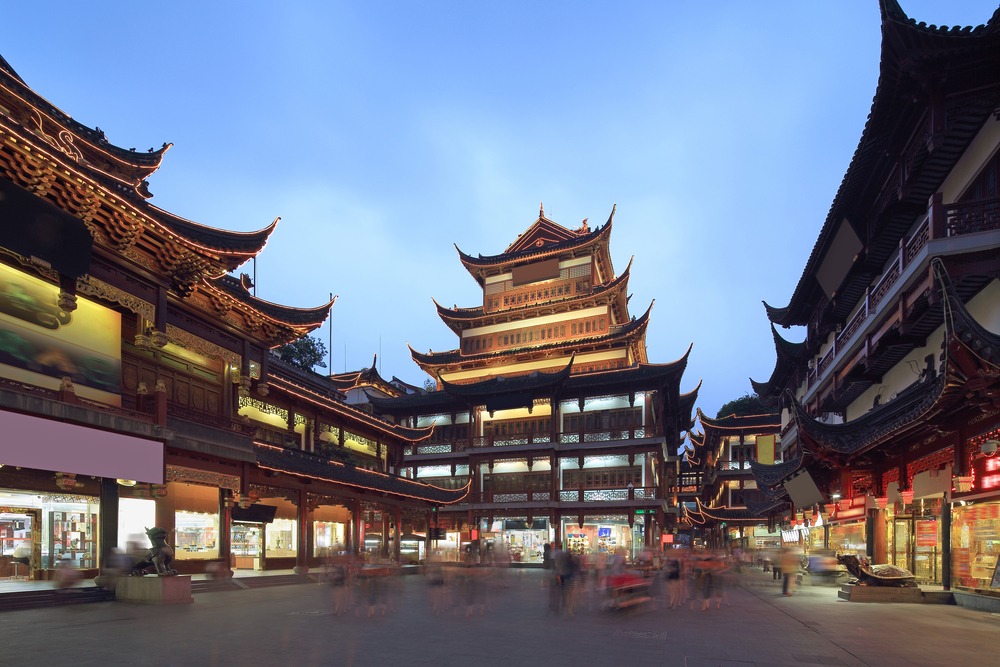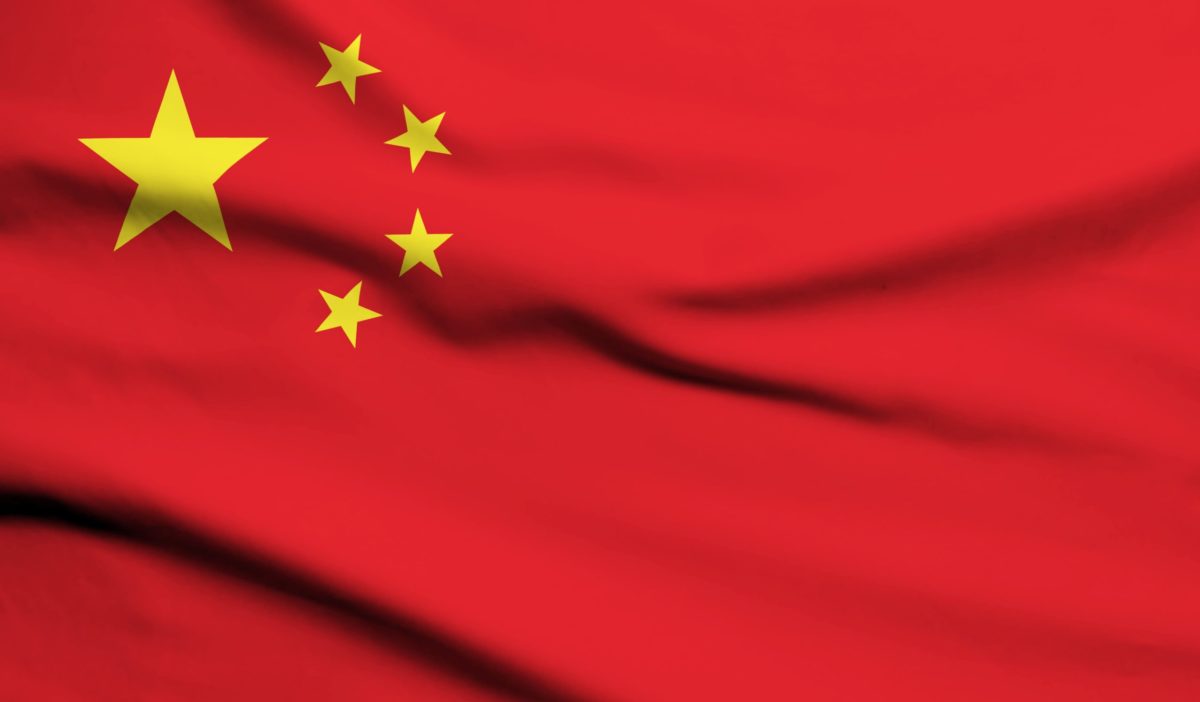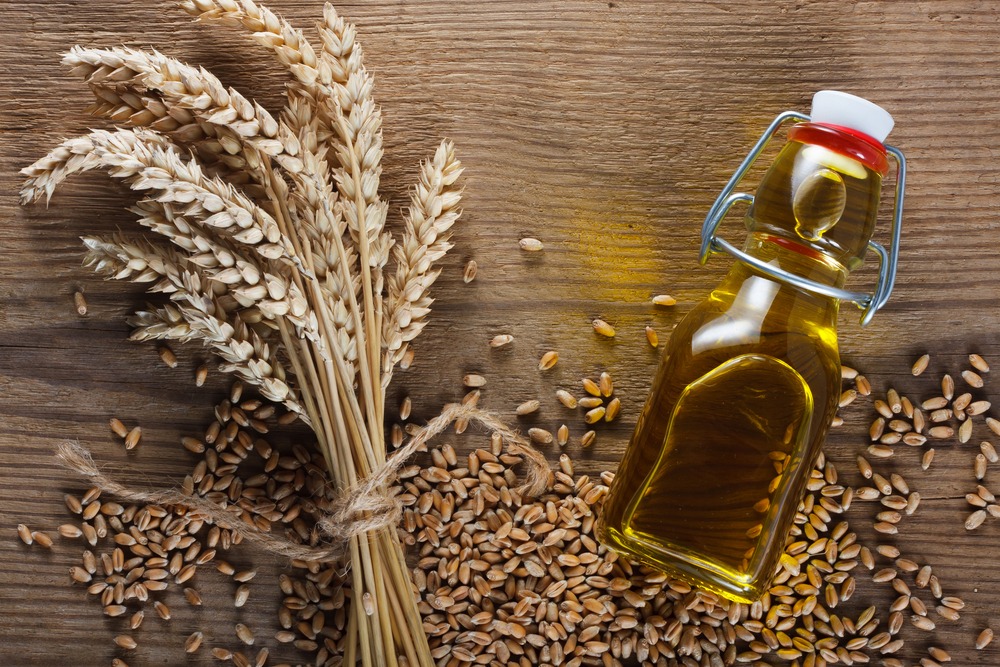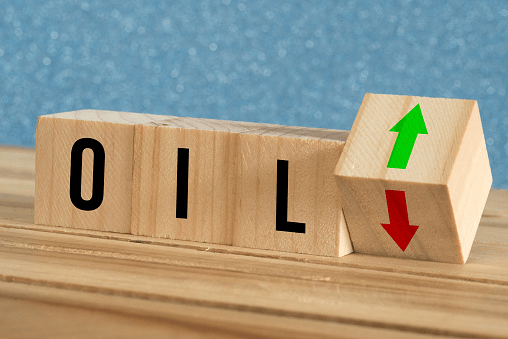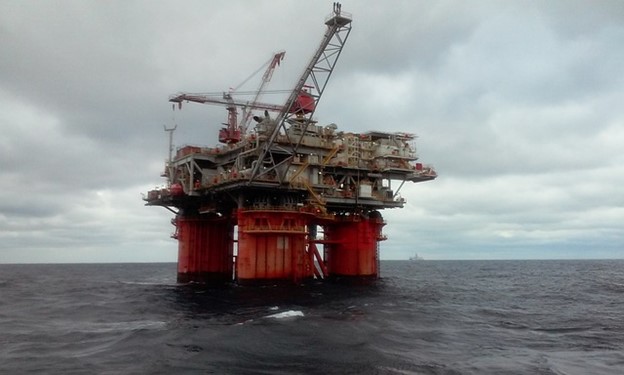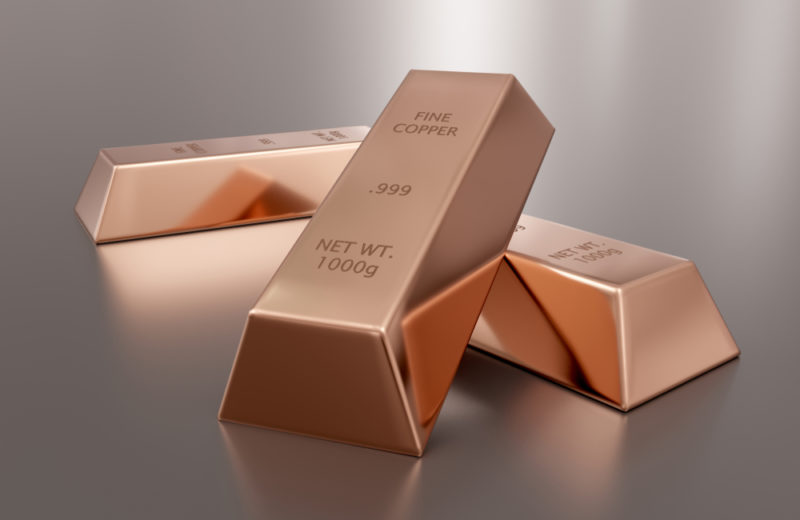Following China’s relaxation of some quarantine rules, the commodities complex soared higher on Friday. With news that the Chinese government is also implementing a number of steps to assist the weak property sector, there is a more optimistic mood going about.
The oil market continued to rise on Friday, along with ICE Brent climbing by almost 2.5%. This has been a positive outcome of China removing quarantine restrictions. The measures shorten the quarantine time for inbound travelers and contacts of those who tested positive. Additionally, China lifts the secondary contact tracing policy as well.
On Friday, European natural gas costs remained under strain. TTF December futures dipped by almost 14% to trade below EUR100/MWh. In comparison to a 5-year average of 89%, EU storage is now almost completely full – 96%. Although we normally see drawdowns during mild weather, storage is nevertheless filling up. Temperatures in Western Europe are expected to rise above normal over the next week, according to forecasts. Meanwhile, the Copernicus Institute of the European Union stated that Europe might experience a milder-than-average winter, which would provide market relief.
As for the metal commodities…
Steel demand prospects in China increased and iron ore futures climbed more than 5% on Monday to touch their highest in over a month. According to two sources of Reuters, A notice to financial institutions from the People’s Bank of China and the China Banking and Insurance Regulatory Commission outlined 16 steps to help property developers.
The price of China’s Dalian Commodity Exchange’s most-traded January iron ore climbed to 5.5% to 735.50 yuan ($104) per tonne, its highest since Oct. 11. Rebar SRBcv1 advanced 1.7%, hot-rolled coil SHHCcv1 increased 1.6%, wire rod SWRcv1 rose 0.7%, while stainless steel SHSScv1 declined 1.9% on the Shanghai Futures Exchange.
Following the LME’s decision to take no action on the delivery of Russian metals into LME warehouses, the metal markets have become more transparent too.


